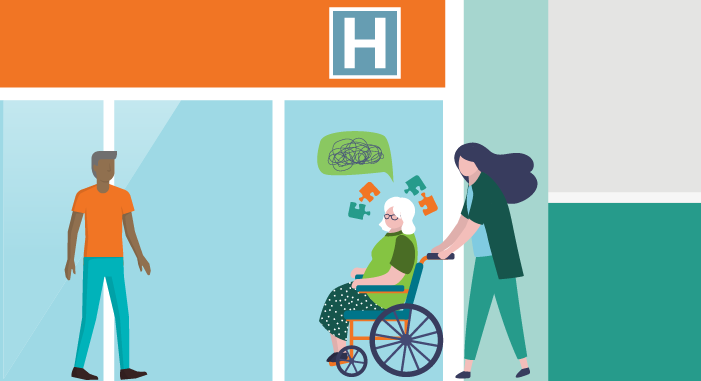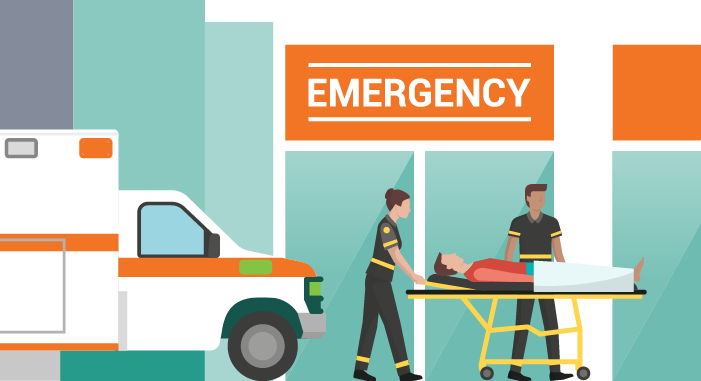Research Priorities
GEAR 2.0
The Geriatric Emergency care Applied Research Network 2.0 (GEAR 2.0) aims to establish infrastructure to support collaborative, interdisciplinary research to improve care for older adults with dementia. Learn more below about dementia, and the implications on emergency department (ED) care for older adults, as well our specific Work Group topics designed to address these implications.
Cognitive Impairment: Dementia
People with dementia are twice as likely to use the ED and 1.5 times more likely to have an avoidable visit. When in the ED, they often struggle and are at greater risk of poor outcomes.
Work Group Topics
2.0 Priorities: Care Transitions
Approximately 40 percent of people living with dementia discharged from the hospital will experience an adverse event (ED revisits, other hospitalizations, or death) in the 30 days following discharge, a rate significantly higher than for those without dementia.
Read More2.0 Priorities: Communications and Decision-Making
Dementia may add layers of complexity to current ED communication strategies, but this complexity must be addressed to ensure the patient, as well as care partners, feel that they are part of the care process.
Read More2.0 Priorities: Detection
Emergency care for older adults is suboptimal, and care is especially poor for older adults with dementia, even though these adults seek ED-based care more regularly than matched controls. The GEAR Detection Work Group examines the potential role of the ED in dementia detection.
Read More2.0 Priorities: ED Practices
The ED Practices Work Group aims to develop key questions and identify research gaps in optimal care for people living with dementia seeking acute, unscheduled care in the ED or through alternative means, such as telehealth or community paramedicine.
Read MoreAll GEAR 2.0 work groups will use the PICO approach to develop key questions and identify research gaps for their topic area. The work groups will conduct literature searches, summarize findings, extract conclusions and present findings at the consensus conference.





